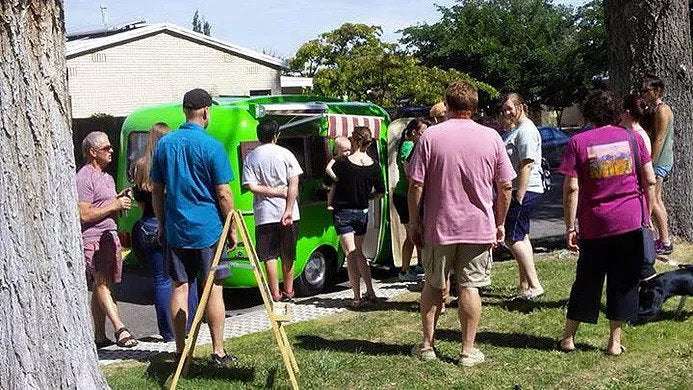Why Health Departments Consider Coffee Carts Riskier Than Coffee Trailers
If you’re starting a mobile coffee business, you might be deciding between a coffee cart and a coffee trailer. While both options have their advantages, it’s important to understand the health department’s perspective—coffee carts are often considered riskier. Here’s why.
1. Environmental Exposure
Coffee carts are more exposed to the environment compared to trailers. This increases the chances of pests, bugs, and bacteria coming into contact with your food and equipment. Coffee trailers, on the other hand, provide a controlled and screened environment, reducing these risks.
2. Temperature Control
Maintaining consistent food and drink temperatures is critical for health compliance. Coffee trailers often have better insulation and mechanical refrigeration options, making temperature regulation easier. In contrast, coffee carts face more challenges in keeping products at safe temperatures.
3. Pathogen Reduction
Trailers offer better protection against pathogens due to their enclosed design. Screens and controlled airflow create a barrier against germs and contaminants, something that coffee carts can’t easily achieve.
Which Is Right for Your Business?
While coffee carts are portable and often less expensive, the health risks associated with them mean you’ll need to work harder to meet compliance standards. Coffee trailers provide better environmental control, making them a safer choice for many entrepreneurs.
Watch the Full Video
In my latest video, I explore these differences in greater detail and share tips for navigating health department requirements for both setups.
Whether you choose a coffee cart or trailer, understanding these risks will help you make informed decisions and maintain compliance with health codes.


